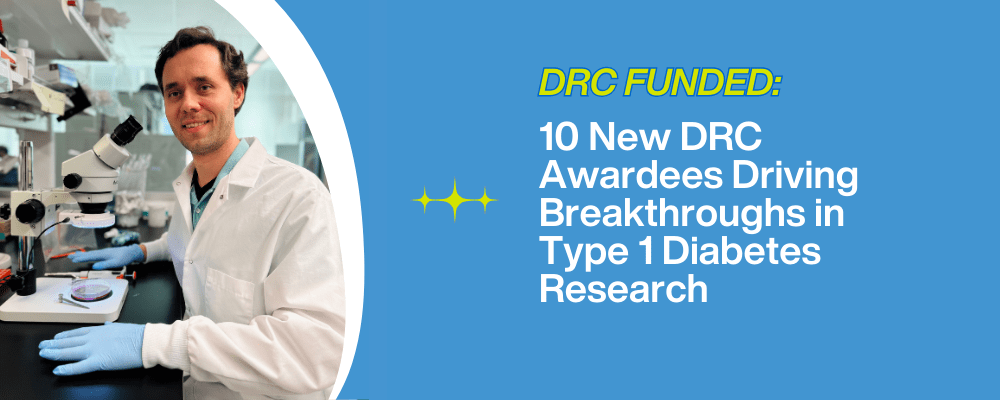Living with type 1 diabetes (T1D) is challenging. It requires constant monitoring and adjustment of one’s blood sugar. Since T1D is commonly diagnosed in childhood, it can put additional strain on parents who must carefully manage their child’s condition. However, a recent study reveals that scientists may have found a way to delay the onset of type 1 diabetes by two years or more.
An antibody drug developed by Jeffrey Bluestone, an immunologist at the University of California, San Francisco, helps to shut down activated T cells thereby reducing the body’s immune system attacks on insulin-producing beta cells. It is the destruction of these cells that triggers T1D. Bluestone partnered with Kevan Herold, an endocrinologist at Yale University, to begin researching the potential of this drug in delaying the development of diabetes.
They first experimented with the drug on mouse models who were at high risk of developing type 1 diabetes, and it was effective in staving off the disease in many of the mice. In 2000, they shifted their work to human trials. The key was figuring out exactly when to administer the drug. If they gave it too early, there was not enough T cell activation so there was not much to protect against. Too late and there was too much T cell activity to manage. They had to find the precise time when diabetes was on the verge of developing or had been newly diagnosed.
In a trial involving 12 patients, after one year, nine of the participants had maintained or increased their body’s natural insulin production. This meant that their body was better able to manage glucose levels on its own and required less insulin to be injected.
After some setbacks and skepticism, Bluestone, Herold, and their team arranged for another trial. This time, they included participants who were at a high risk of developing type 1 diabetes within five years. They recruited 76 participants, 44 of whom received the drug (now known as teplizumab), and 32 of whom received a placebo. The drug was administered via IV infusion over 14 consecutive days. The results showed that while individuals who received the placebo were diagnosed with diabetes after an average of two years, those who received teplizumab were diagnosed after an average of four years. In addition, 72% of placebo recipients developed diabetes after five years compared to only 43% who received the experimental drug.
There is still a great deal of research and clinical testing that must be done, but this is a step forward in delaying onset of type 1 diabetes and eventually perhaps preventing development of the disease all together in high-risk individuals. Even delaying the disease by two years as the current study showed is monumental in improving quality of life. It is two fewer years of daily disease management and potential complications.
This discovery could lead to a greater understanding of diabetes prevention or delaying disease progression. It could stimulate new research and studies from scientists as they seek to advance results. The Diabetes Research Connection, though not involved with this study, provides critical funding that allows early career scientists to move forward with novel research projects. There’s no telling exactly what impact their findings could have on the future of type 1 diabetes or when the next major breakthrough will occur.




